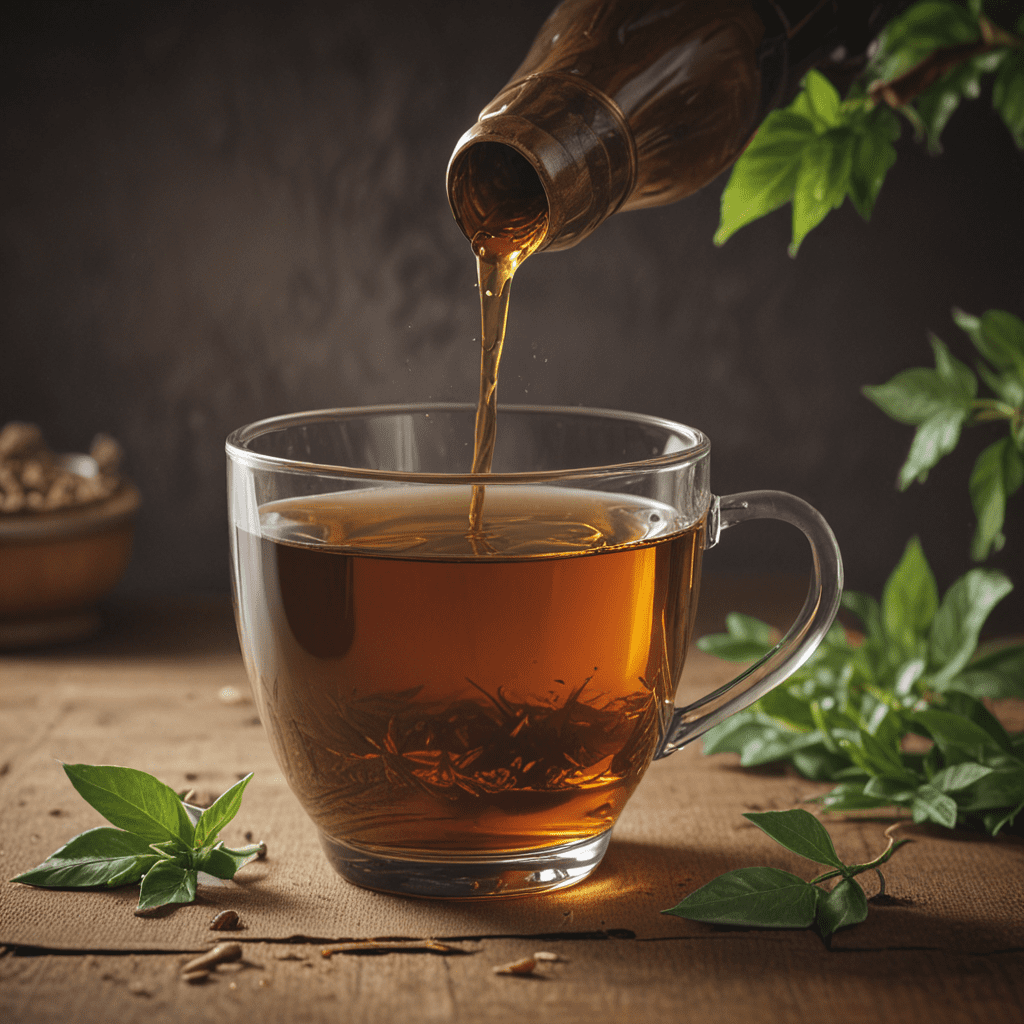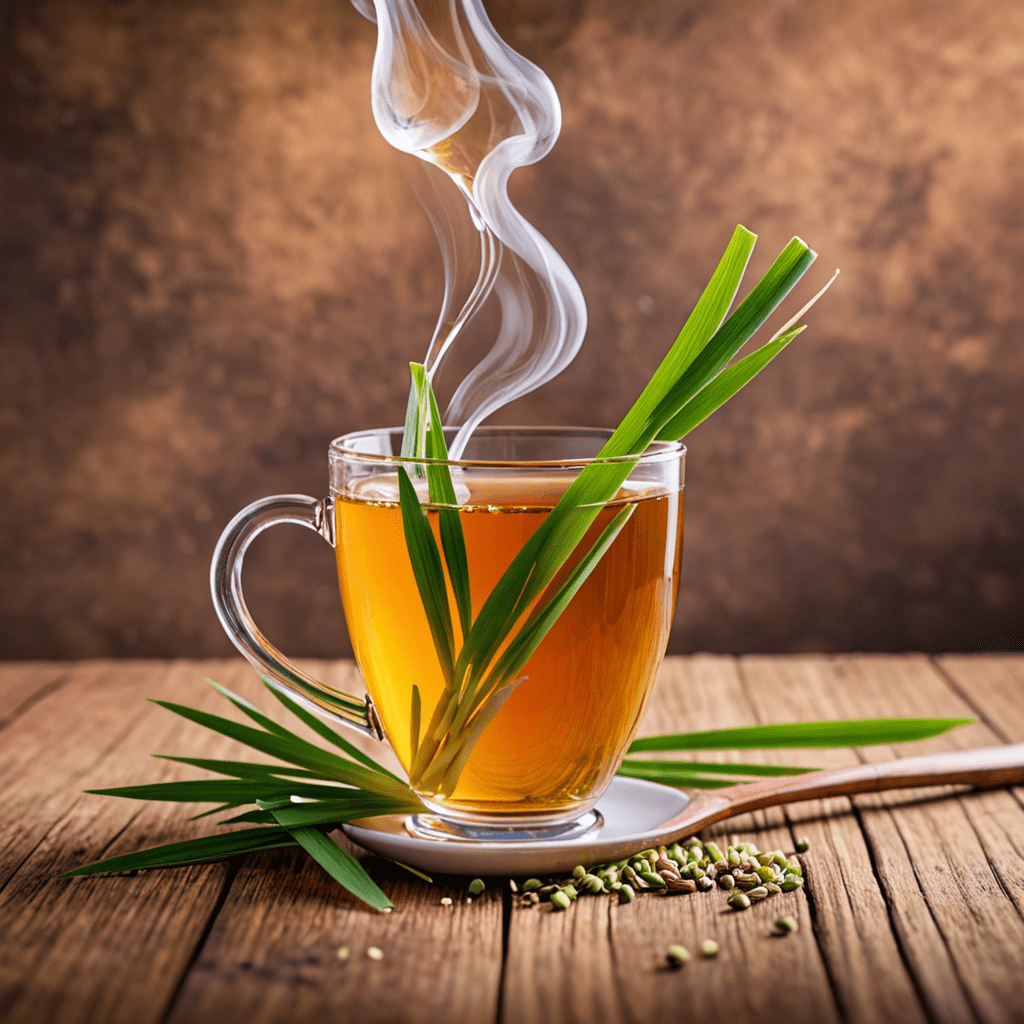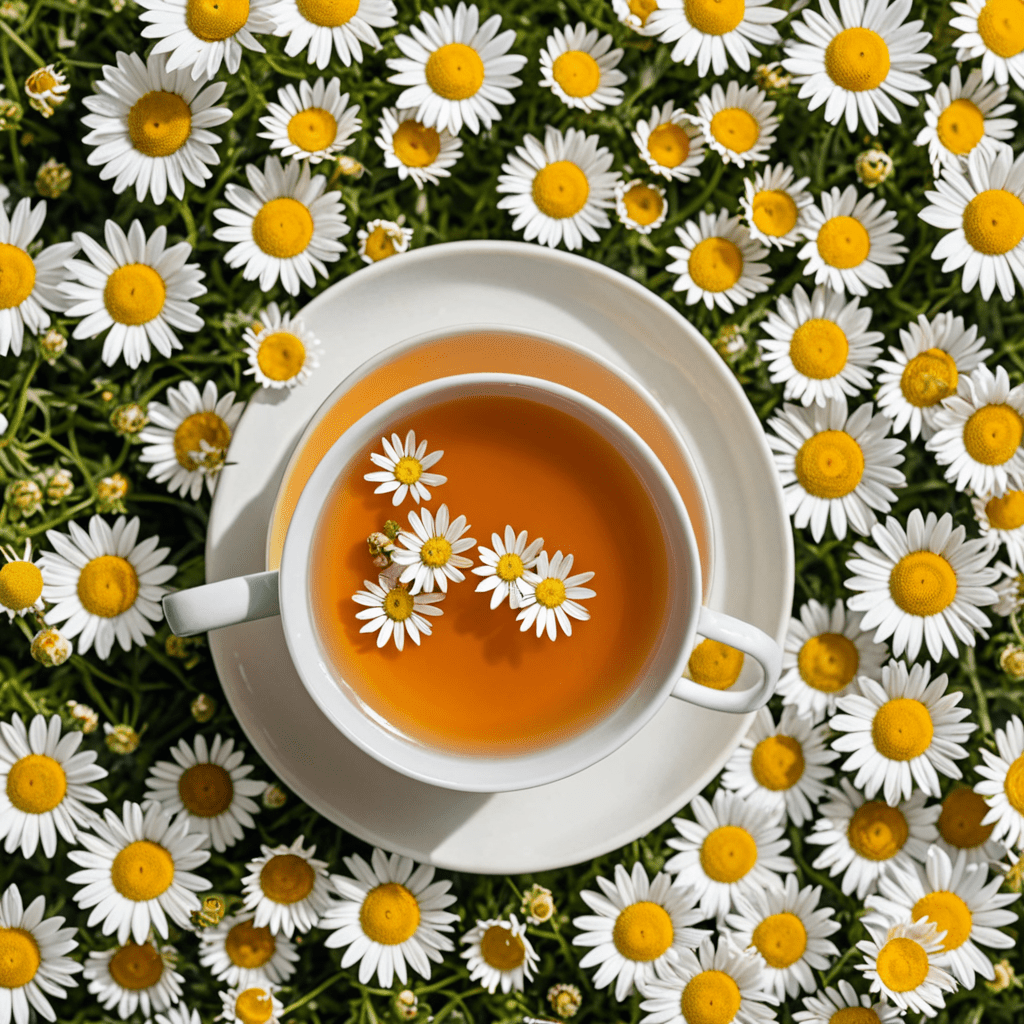1. Introduction: Matcha and Blood Pressure
Matcha is a powdered green tea of exceptional quality, renowned for its vibrant hue and rich flavor profile. Beyond its delightful taste, matcha also holds potential therapeutic benefits, including the management of blood pressure. This article delves into the physiological effects of matcha on blood pressure, exploring its mechanisms of action and the latest scientific findings.
2. Physiological Effects of Matcha on Blood Pressure
Matcha exerts several physiological effects that may contribute to blood pressure reduction. Its high concentration of catechins, potent antioxidants, plays a crucial role in regulating blood vessel tone and reducing inflammation. Additionally, matcha contains caffeine, which can have a transient elevating effect on blood pressure, but this is typically offset by the vasodilatory effects of catechins.
3. Catechins and Their Role in Blood Pressure Regulation
Catechins, particularly epigallocatechin gallate (EGCG), are abundant in matcha and have been shown to possess antihypertensive properties. EGCG inhibits the activity of angiotensin-converting enzyme (ACE), an enzyme that constricts blood vessels and raises blood pressure. By blocking ACE, EGCG promotes vasodilation and lowers blood pressure.
4. Studies on Matcha Consumption and Blood Pressure Reduction
Numerous studies have examined the effects of matcha consumption on blood pressure. A study published in the "Journal of Agricultural and Food Chemistry" found that daily consumption of matcha for 12 weeks significantly reduced systolic and diastolic blood pressure in participants with mildly elevated blood pressure. Similarly, a study in the "International Journal of Food Sciences and Nutrition" demonstrated that drinking matcha for 4 weeks lowered blood pressure in individuals with normal to high-normal blood pressure.
5. Mechanisms of Action for Matcha's Antihypertensive Effects
Matcha exerts its antihypertensive effects through various mechanisms:
Antioxidant Properties and Inflammation Reduction: Matcha's high antioxidant content helps combat oxidative stress, a major contributing factor to hypertension. By reducing inflammation and oxidative damage in blood vessels, matcha promotes their relaxation and lowers blood pressure.
Nitric Oxide Production and Vasodilation Enhancement: Matcha may increase the production of nitric oxide (NO), a molecule that relaxes blood vessels and lowers blood pressure. By enhancing vasodilation, matcha improves blood flow and reduces vascular resistance.
6. Individual Factors Influencing Matcha's Effects
The effects of matcha on blood pressure may vary among individuals depending on factors such as age, caffeine sensitivity, and overall health status. It is important to consult a healthcare professional before incorporating matcha into your diet, especially if you have underlying health conditions or are taking medications.
7. Dosage and Timing Recommendations for Optimal Results
The optimal dosage and timing of matcha consumption for blood pressure reduction can vary. Generally, it is recommended to consume around 2-3 cups of matcha tea per day. Consuming matcha earlier in the day may be beneficial for individuals sensitive to caffeine. However, it is important to note that matcha contains caffeine, and excessive consumption should be avoided.
8. Conclusion: Matcha's Potential as a Blood Pressure Regulator
Matcha, with its rich antioxidant content and blood pressure-lowering properties, holds promise as a natural supplement for managing blood pressure. While further research is needed to fully understand the mechanisms of action and long-term effects, incorporating matcha into a balanced diet and lifestyle may offer potential benefits for cardiovascular health.
9. Frequently Asked Questions (FAQ)
Q: Can matcha help lower blood pressure?
A: Yes, matcha contains catechins, particularly EGCG, which have been shown to inhibit ACE activity and promote vasodilation, potentially reducing blood pressure.
Q: How much matcha should I consume daily for blood pressure reduction?
A: Around 2-3 cups of matcha tea per day is generally recommended, but it is important to consult a healthcare professional for personalized advice.
Q: When should I drink matcha for optimal results?
A: Consuming matcha earlier in the day may be beneficial for individuals sensitive to caffeine. However, it is important to avoid excessive matcha consumption.
Q: Are there any side effects associated with matcha consumption?
A: Matcha generally has a good safety profile. However, excessive consumption may cause side effects related to its caffeine content, such as anxiety and insomnia.


